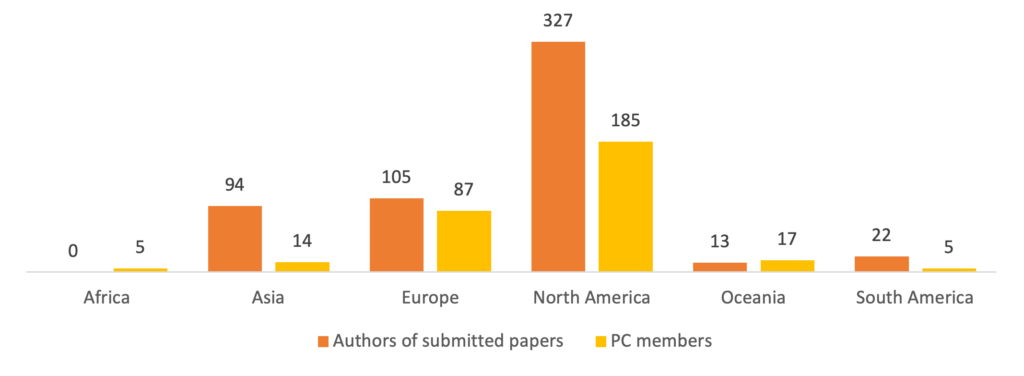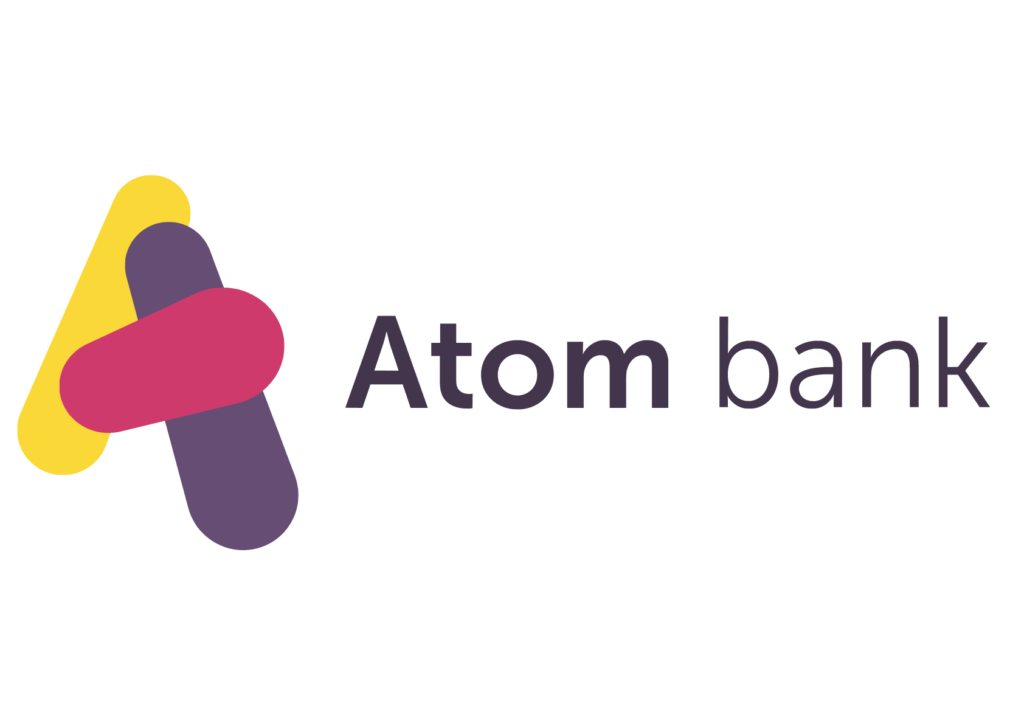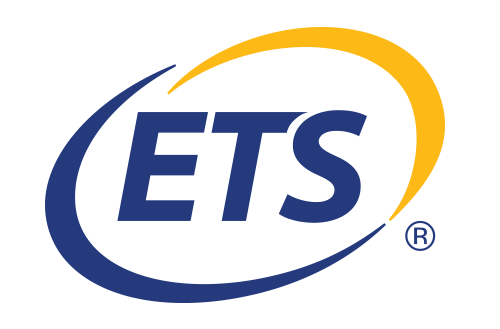Latest Updates:
Thank you all for participating in the first hybrid EDM conference in Durham, UK and online!
Please find the proceedings in Proceedings – EDM 2022.
Congratulations to the Best Paper Nominee and Best Papers and Prizes
You can still revisit the highlights and talks on WHOVA.
Stats about authors and PC members are as follows:

Inclusion, Diversity, Equity, and Accessibility (IDEA) in EDM Research and Practice
Educational Data Mining is a leading international forum for high-quality research that mines datasets to answer educational research questions, including exploring how people learn and how they teach. These data may originate from a variety of learning contexts, including learning and information management systems, interactive learning environments, intelligent tutoring systems, educational games, and data-rich learning activities. Educational data mining considers a wide variety of types of data, including but not limited to log files, student-produced artifacts, discourse, learning content and context, sensor data, and multi-resource and multimodal streams. The overarching goal of the Educational Data Mining research community is to support learners and teachers more effectively, by developing data-driven understandings of the learning and teaching processes in a wide variety of contexts and for diverse learners.
The 15th iteration of the conference, EDM 2022, will take place in both online and offline formats.
(Co-located with AIED 2022)
The theme of this year’s conference is “Inclusion, Diversity, Equity, and Accessibility (IDEA) in EDM Research and Practice”. This theme emphasizes the importance of considering and broadening who is included—or not included—in EDM, and why. Furthermore, the theme speaks to the importance of IDEA considerations in all stages of the research process, from participant recruitment and selection, data collection, methods, analysis, results, to the application of research results in the future. Thus, we welcome papers that examine inclusion, diversity, equity, and accessibility in EDM research itself in a systemic fashion (i.e., the way we do research), EDM methods (e.g., techniques to balance demographics), and in applications of EDM (e.g., how students with disabilities might be included or left behind by EDM applications).
Silver Sponsor
Bronze Sponsor
Contributors

Our sponsors include EDM Society, Department Computer Science and School of Education at Durham University.



